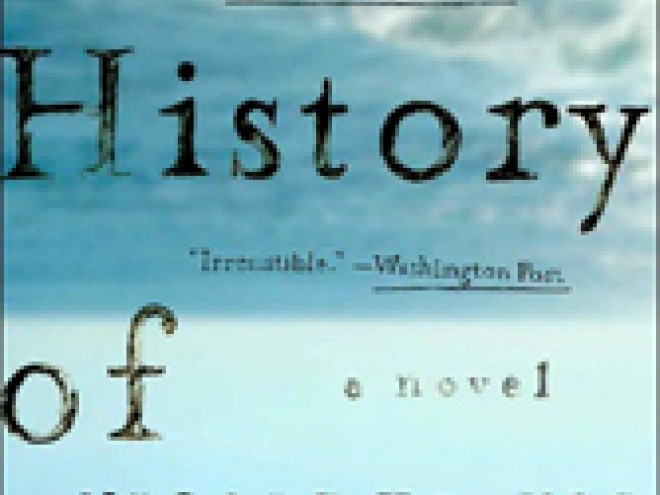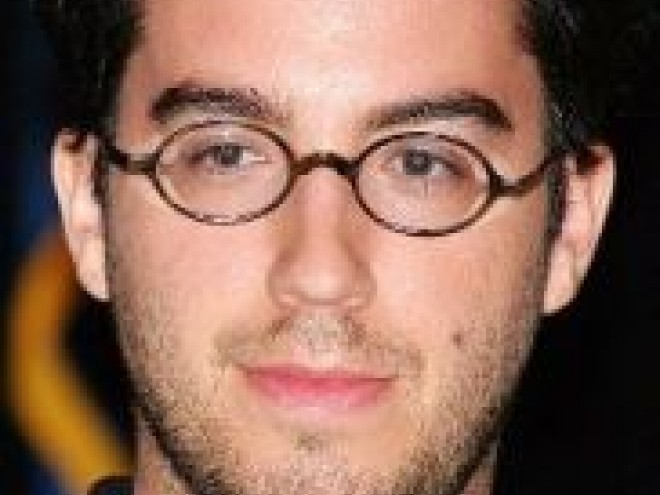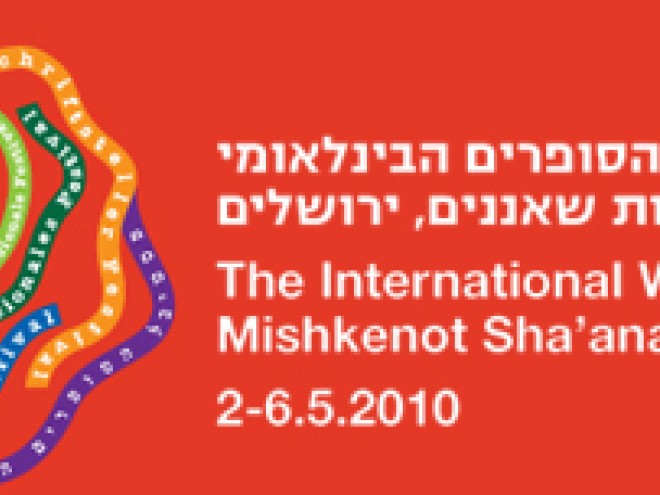In his previous posts on the Writers’ Festival at Mishkenot Sha’ananim, Bob Goldfarb wrote about the panel “Ashes and Ink: Contemporary Holocaust Writing,” about Amos Oz and Simon Sebag Montefiore in conversation, and Zeruya Shalev and Siri Hustvedt.
Paul Auster, the prolific American novelist and screenwriter, and David Grossman, one of Israel’s premiere writers, have been close friends for more than a dozen years. Auster told an overflowing crowd at Jerusalem’s Mishkenot Sha’ananim, however, that their friendship isn’t based on their shared profession. “We don’t talk about writing when we’re together,” he said.

David Grossman (photo from Flickr (Whistling in the Dark))
Grossman spoke specifically about the protagonist of his novel Isha Borahat Mibesora, known awkwardly in English as To the End of the Land, more literally translated as “A Woman Fleeing a Message.” (It will be published in America in September.) Ora’s son, a soldier, has been assigned to a dangerous military operation. She leaves her home and walks across the land with a friend, talking about her son as her way of somehow keeping him alive. In writing the character, said Grossman, “You have to surrender to her completely. While writing Ora I lived her, being her.”
He continued, “Being a writer allows you to melt and diffuse into other options of personality. I don’t think it’s so different from the experience of writing about any other Other. It’s just allowing yourself to go there. When I write I want to be invaded by the people I write about. I want to explore this magic of what it means to be another human being. I can reach it only by writing.”
Auster remarked that he had written from the points of view of people of different races and religions, destitute people, rich people, fat people, a boy who can levitate, and a dog. “They’re all part of me or I wouldn’t be able to think of them. But I also feel they’ve found me, or I’ve found them.” And he sees a similarity with what actors do: “embody another human being, become somebody else. If you can do it successfully,” he believes, “there’s a conviction the reader will automatically feel.”

Paul Auster (photo by David Shankbone)
Grossman picked up that line of thought. “I live here, I experience it. I look at Israel – it’s my place, it’s the most significant place for a Jew to live. There are still so many things in Israel that are miraculous to me. But the place we are heading will make life unbearable for us and our neighbors, and I see our self-destruction, our self-paralysis.”
Kobi Meidan wondered if these writers saw themselves as resembling nineteenth-century novelists who wanted their work to transform society. “I don’t know,” mused Auster. “I used to think that when I was young. I thought poetry could change the world. And maybe poetry can change the way somebody thinks about something, sometimes. But what’s beautiful about art is its utter uselessness. It doesn’t serve any purpose. It’s not a political agenda.”
Although he didn’t quite agree that literature is useless, Grossman acknowledged “I think every moment of the character, not the future of Israel.” At the same time, “if you give yourself away to your characters you inevitably write a political document, a social document. We are products of our era.”
Bob Goldfarb is president of the Center for Jewish Culture and Creativity in Jerusalem and Los Angeles. He also blogs for the Los Angeles Jewish Journal.
Bob Goldfarb is President Emeritus of Jewish Creativity International.


